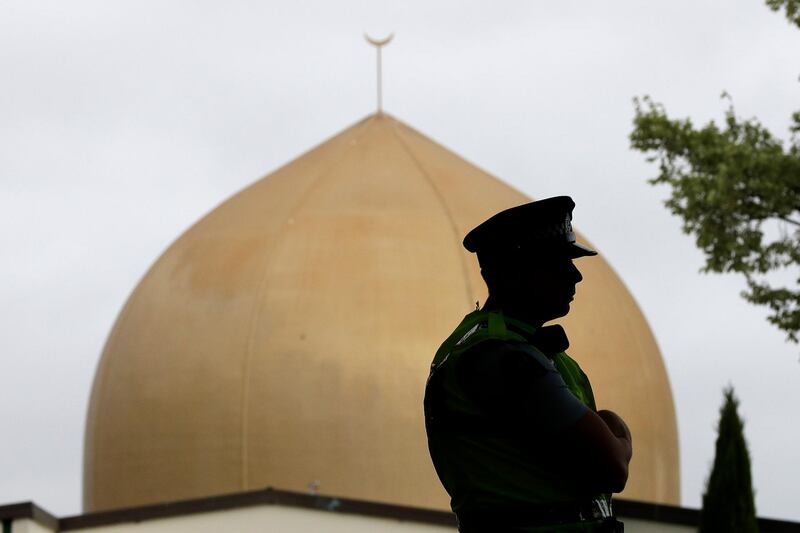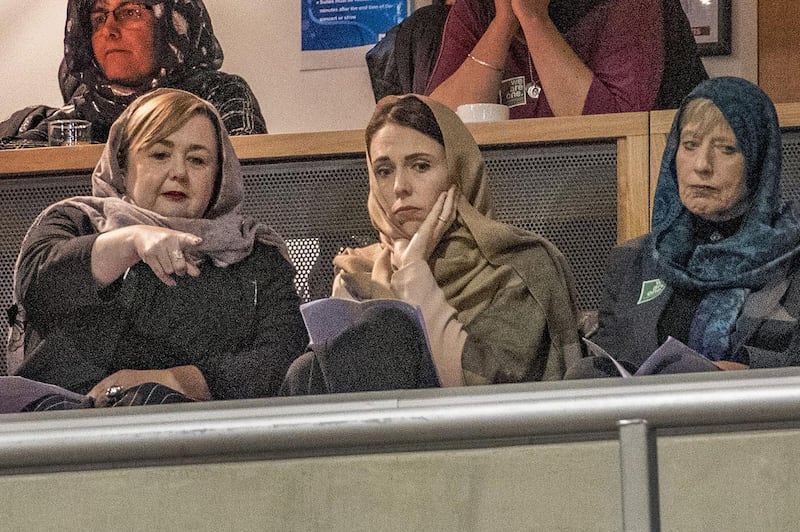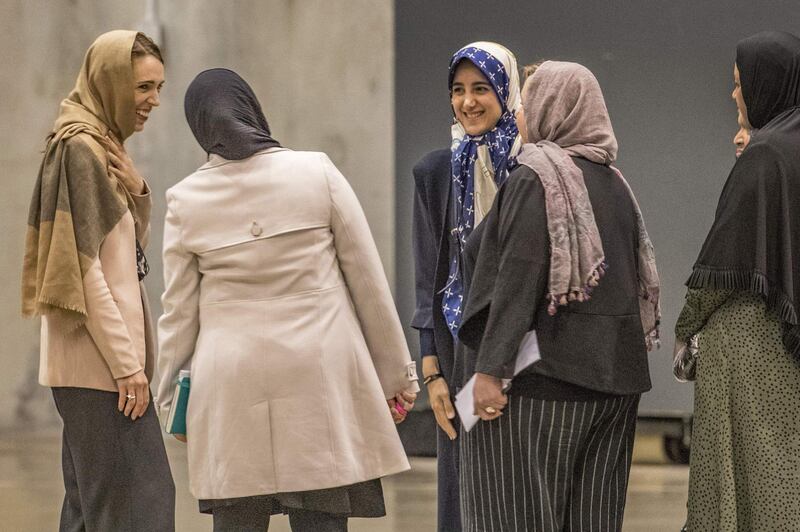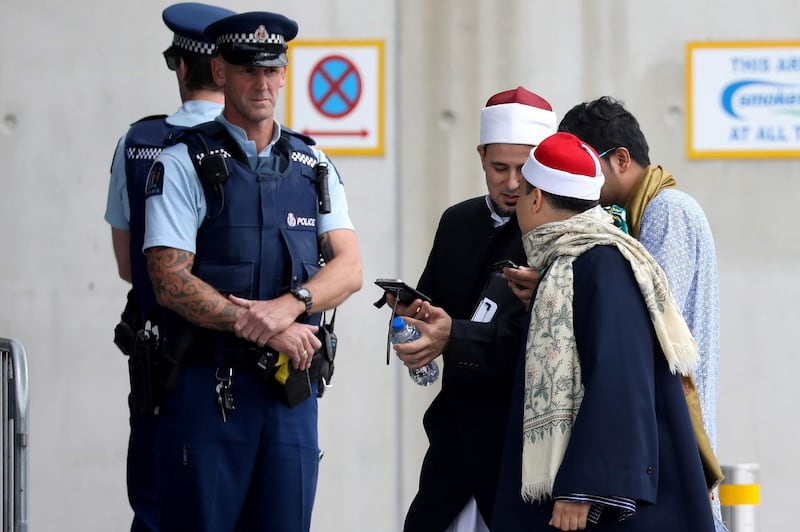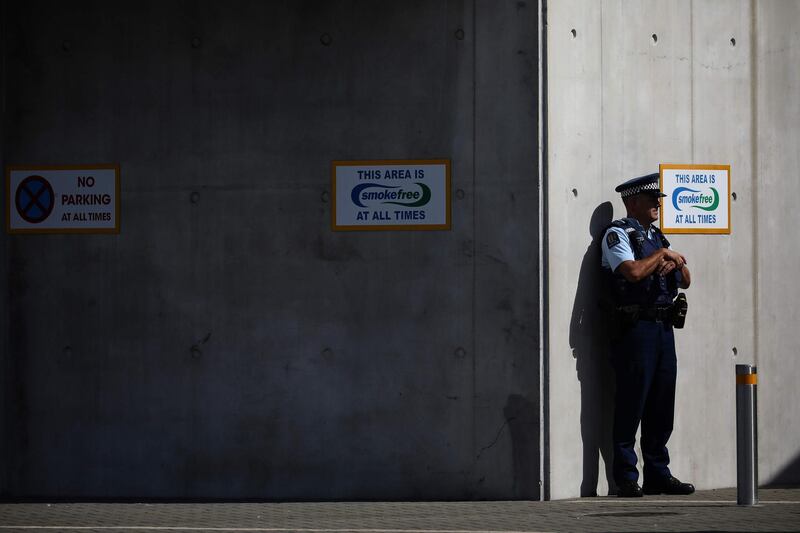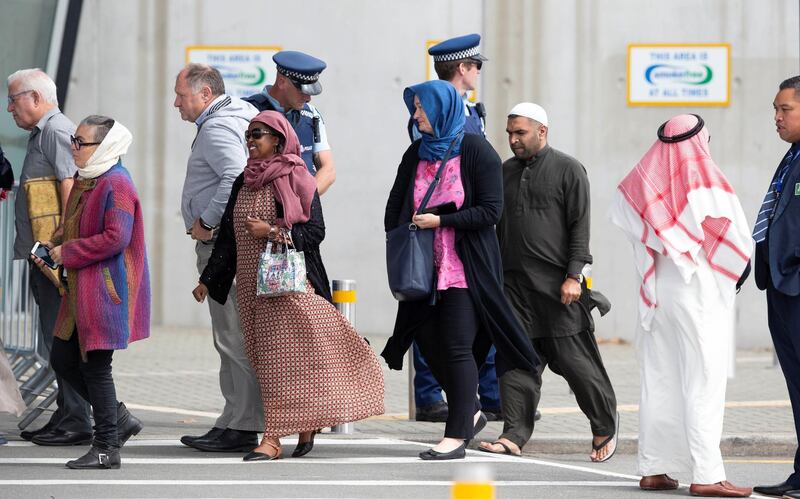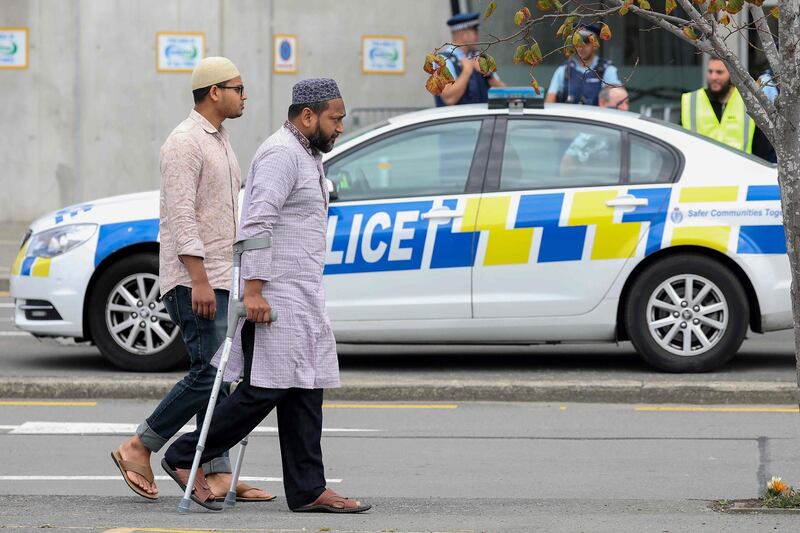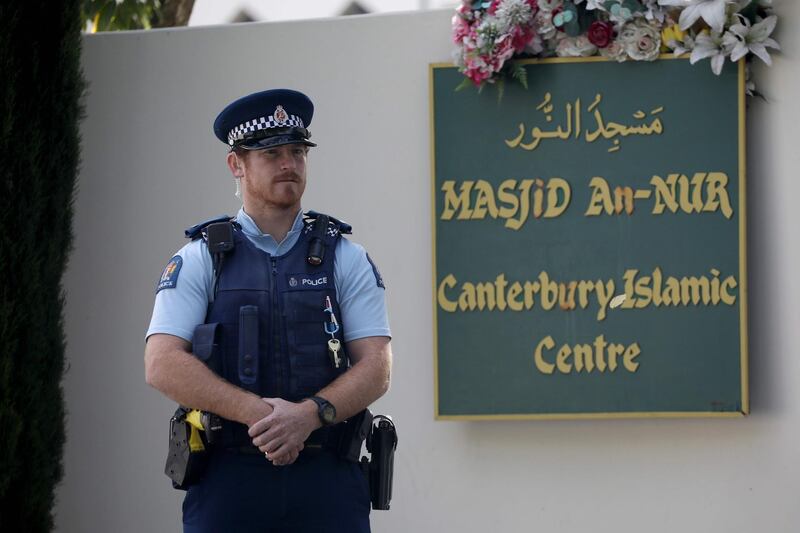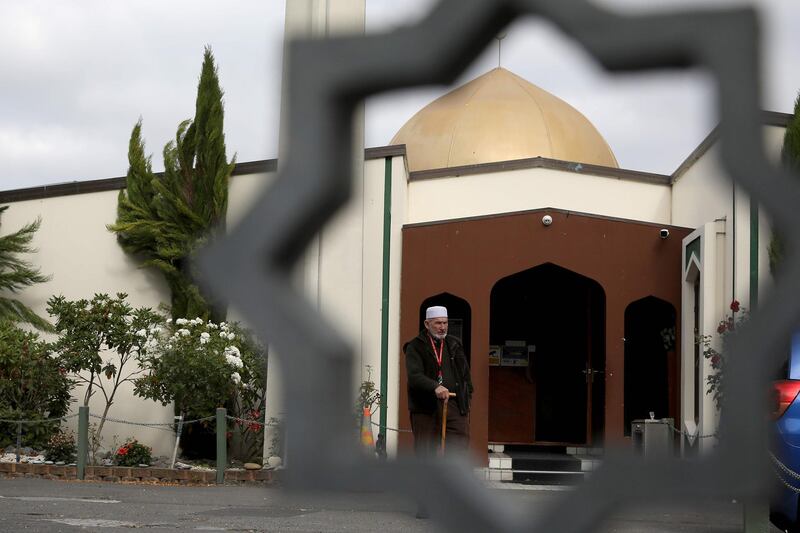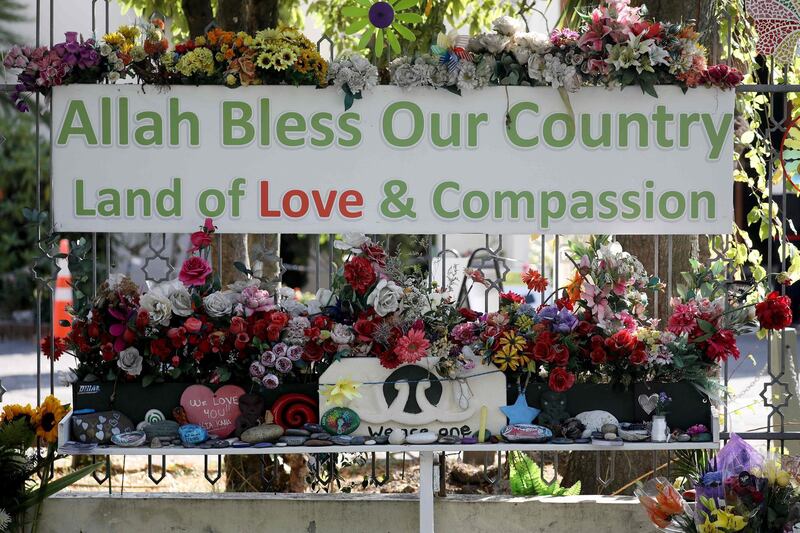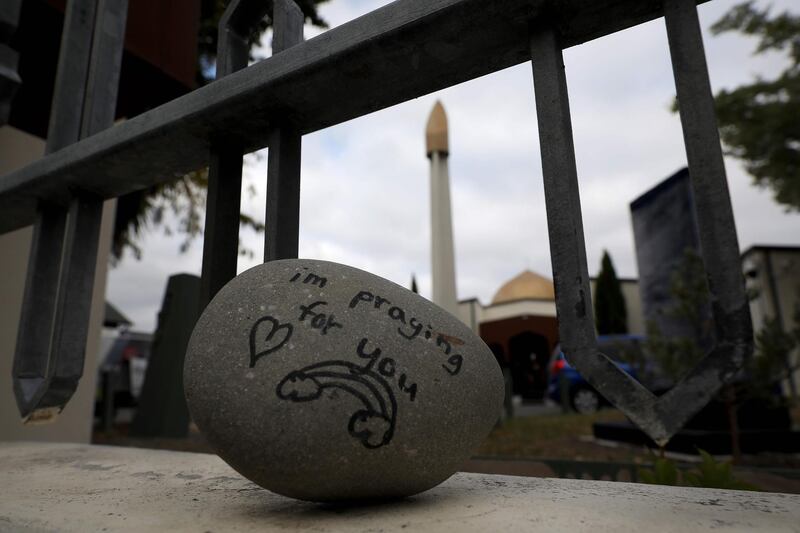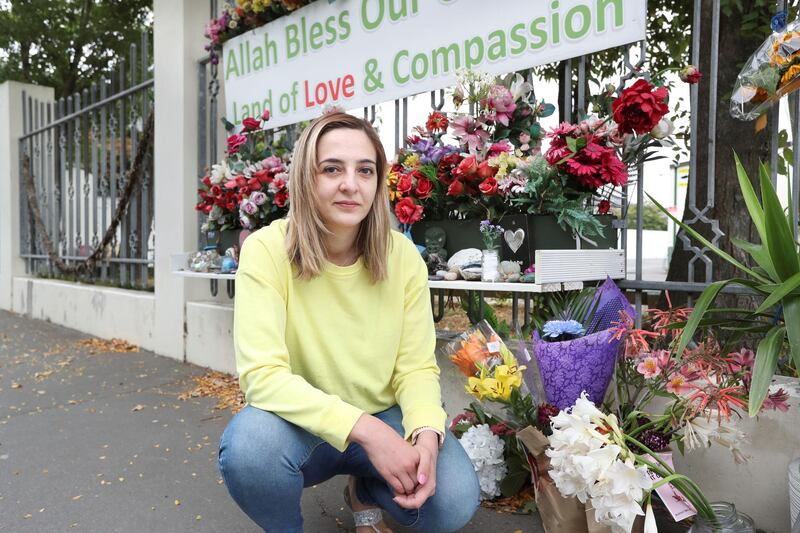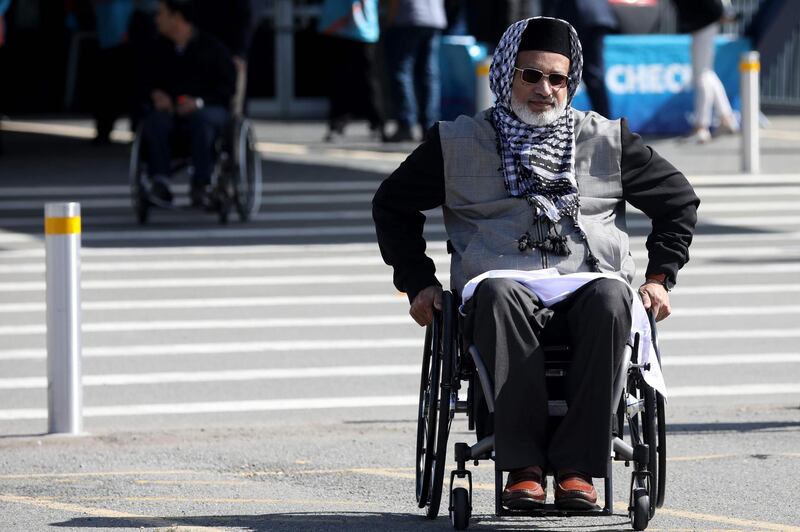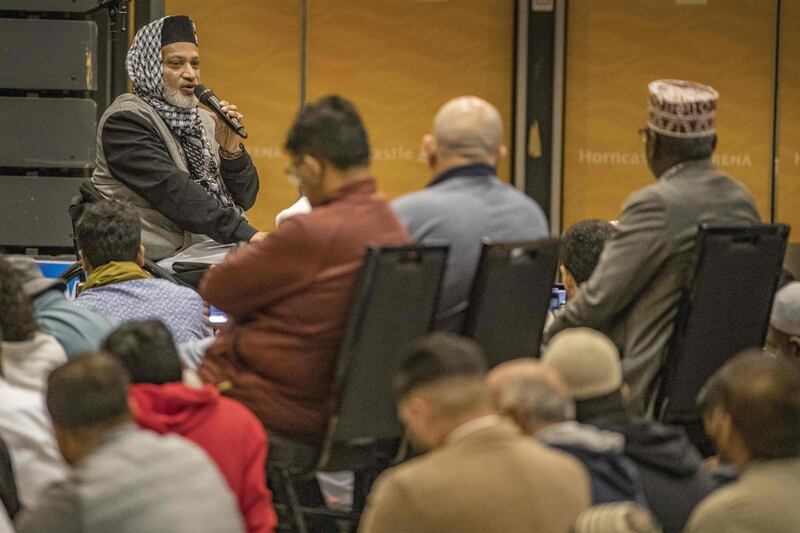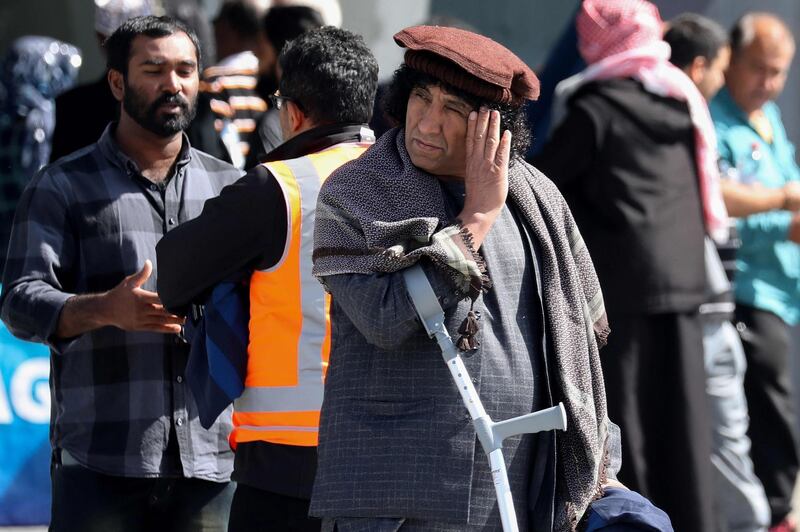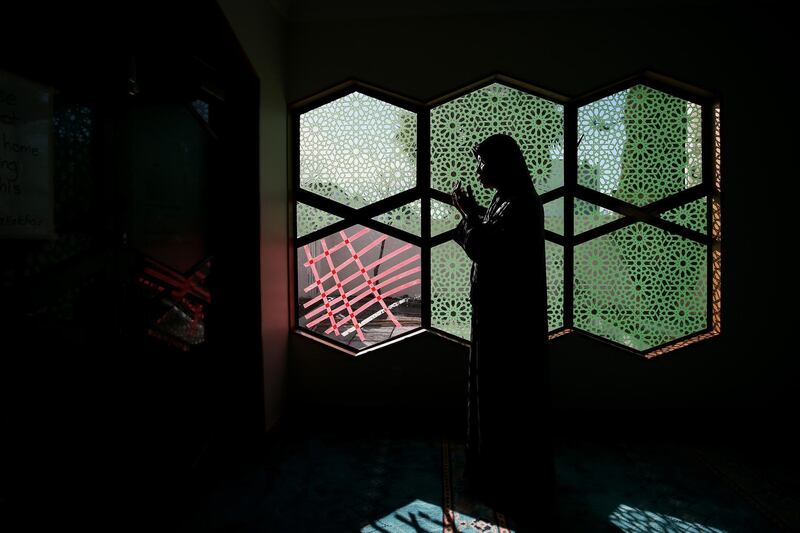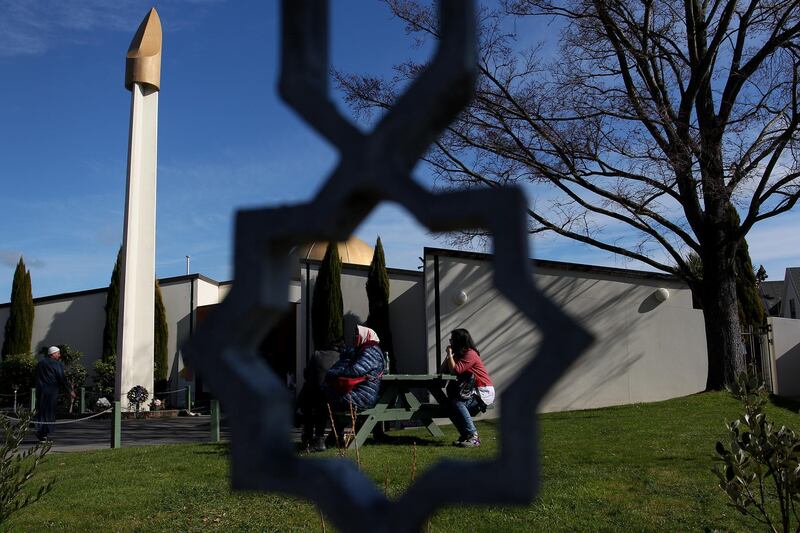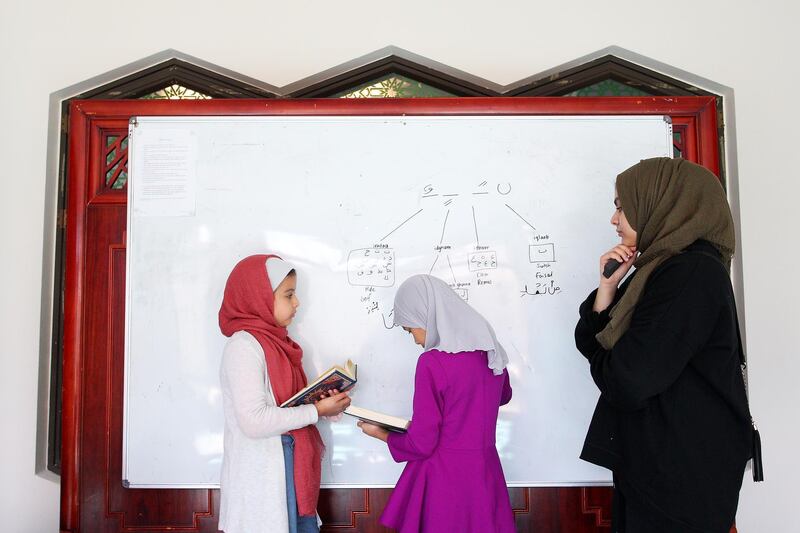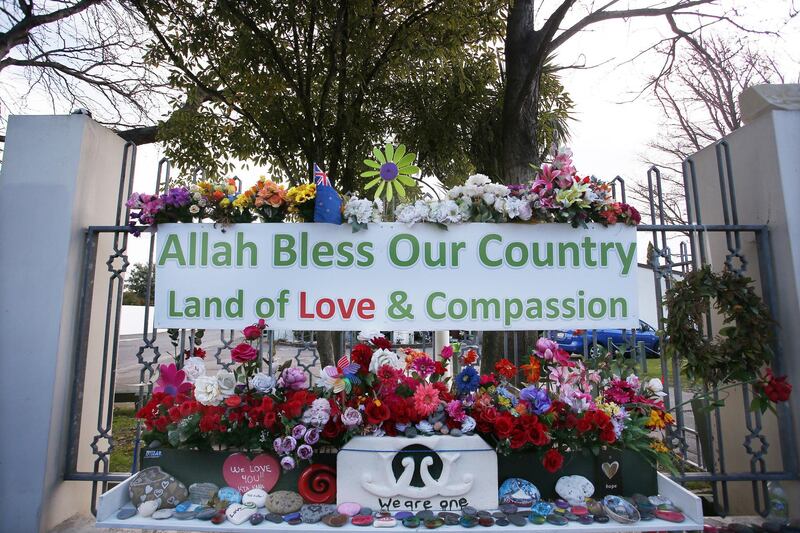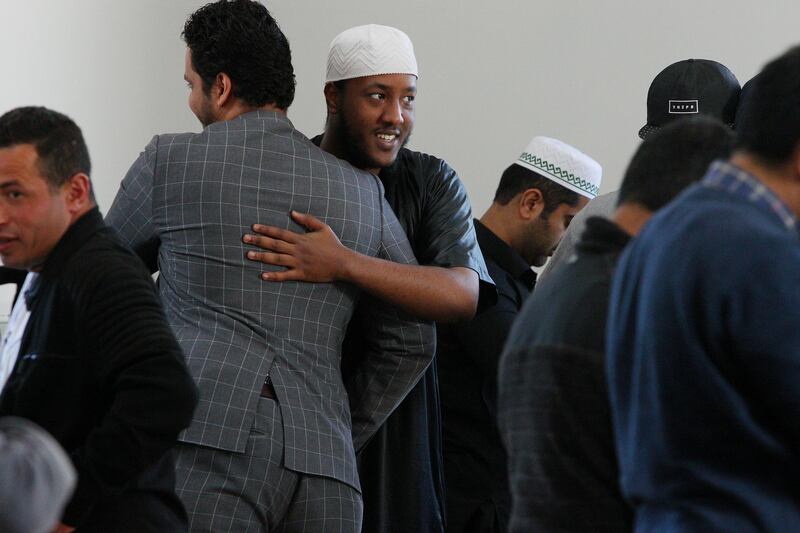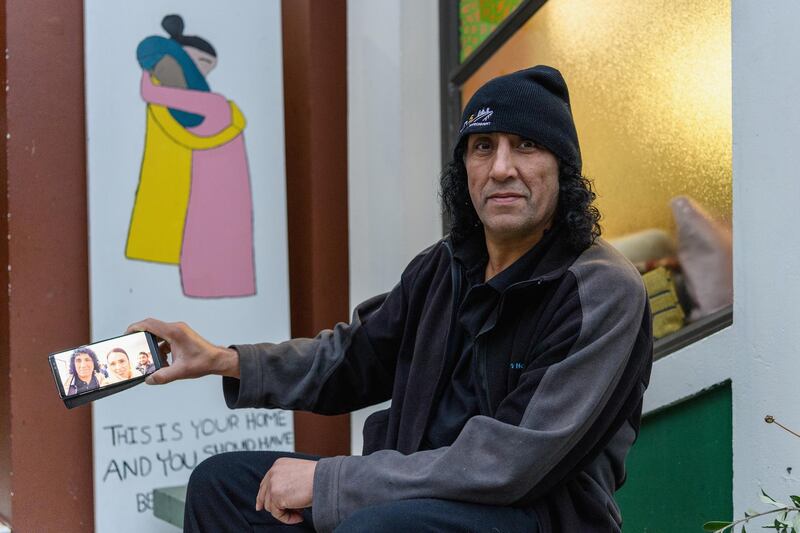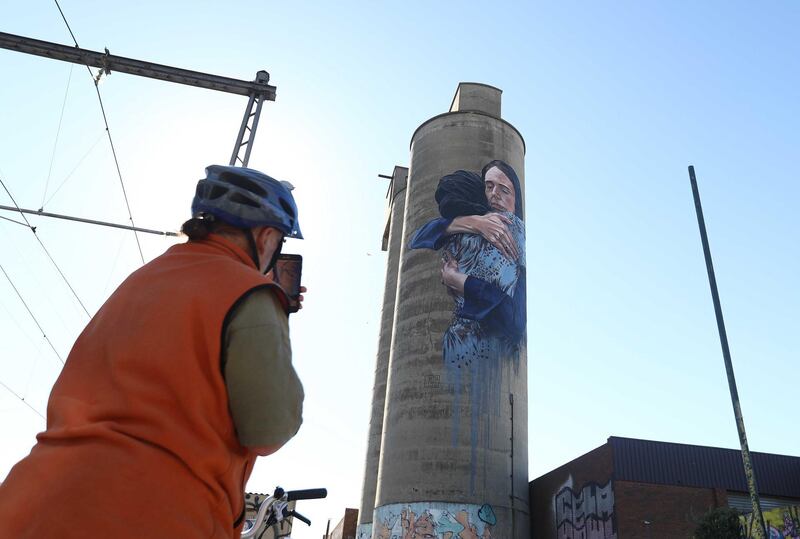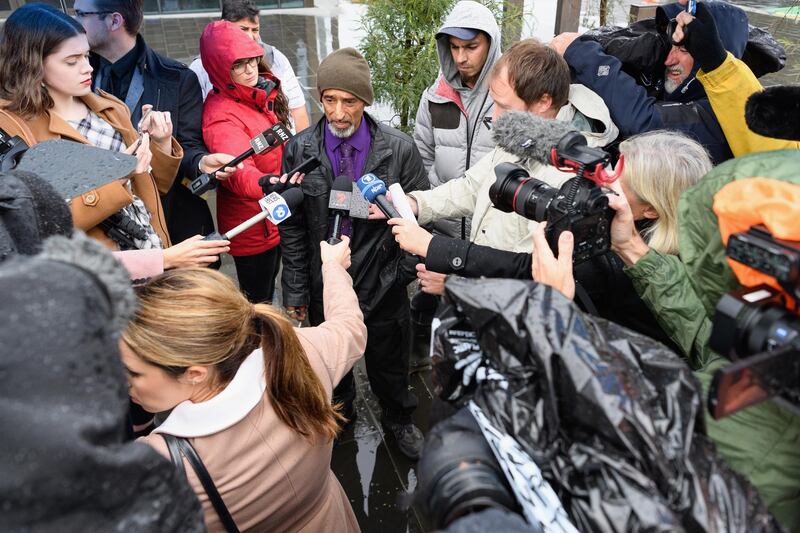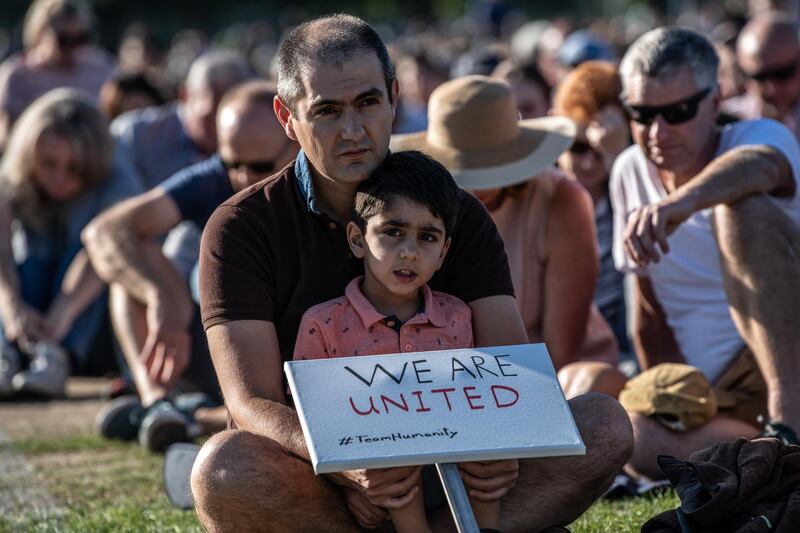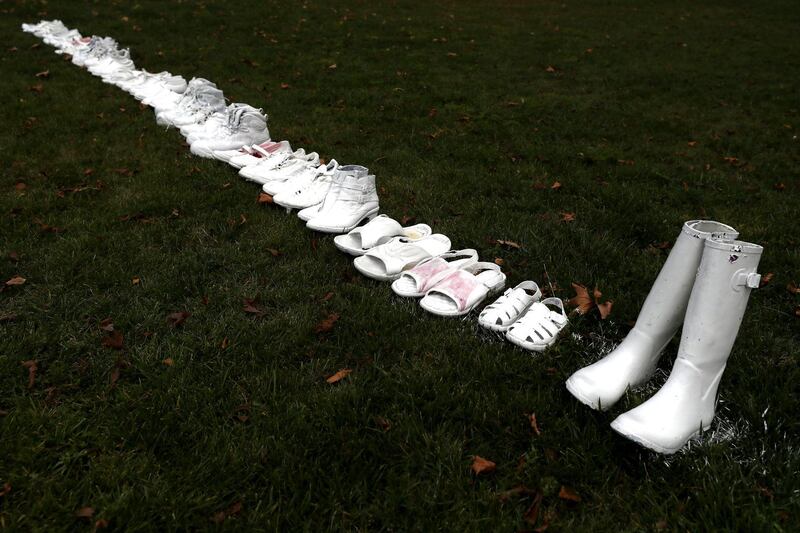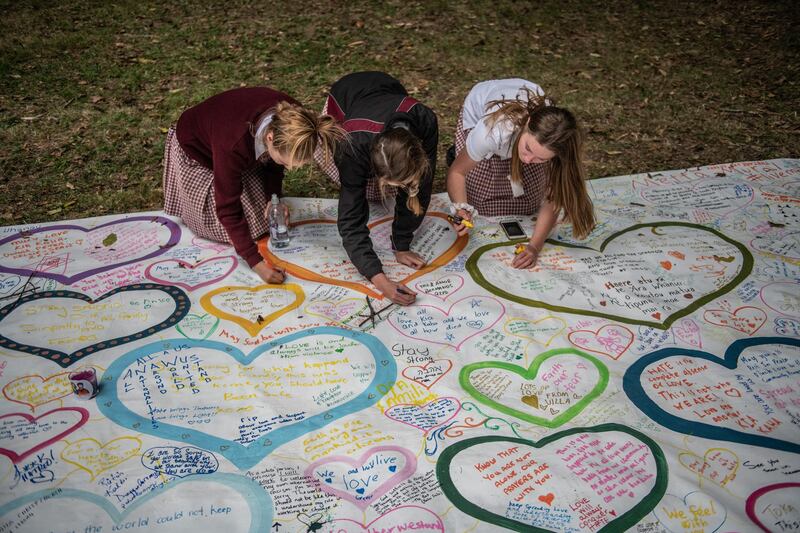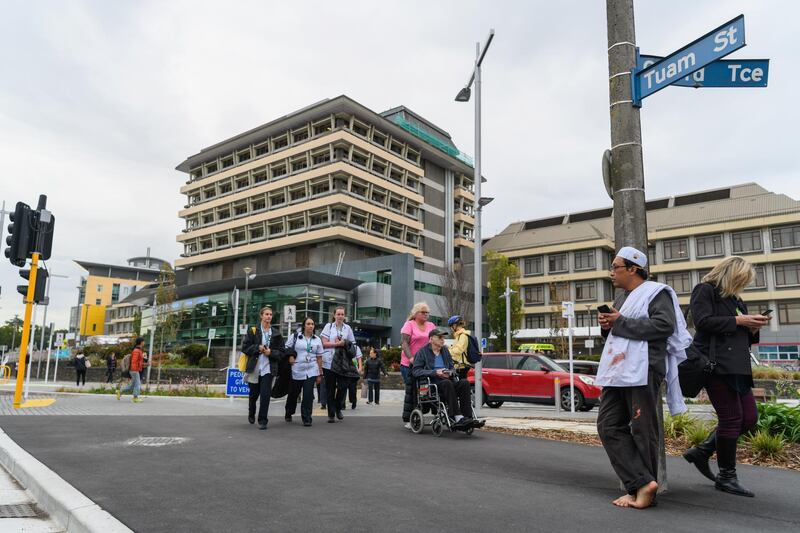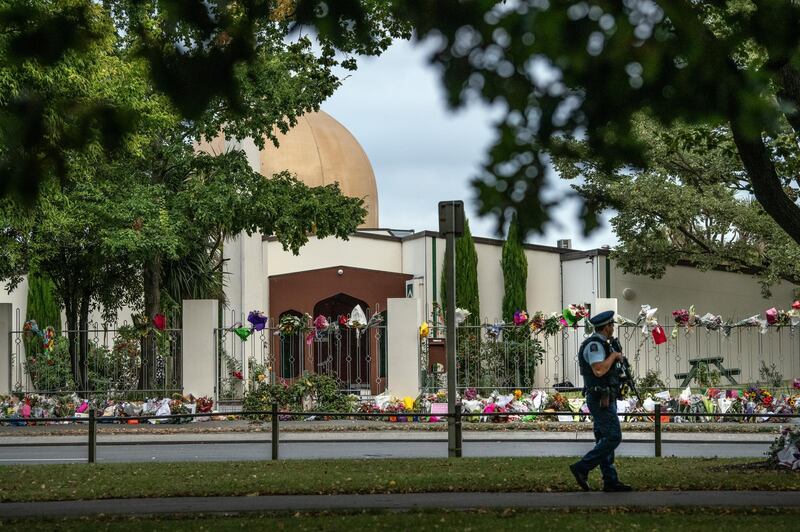Anti-Muslim extremists often rely on “genocidal notions of population control” and false conspiracy theories to justify their hate, new research has found.
Tell MAMA, a UK-based watchdog which tracks racist incidents, also revealed it had received reports of 705 Islamophobic incidents between January 1 and June 30 2019 while police recorded 1,213 similar allegations over the same time period.
The monitoring group reported a 692 per cent increase in anti-Muslim attacks in the UK in the week after the Christchurch mosque shootings in which 51 worshippers were murdered by an avowed white supremacist in New Zealand.
The terror attacks on the two mosques “had a significant effect in the UK, resulting in a rapid but long-lasting increase in anti-Muslim hatred and Islamophobia,” Tell MAMA said.
Brenton Tarrant, the perpetrator, has since been found to have been immersed in ‘eco-fascism’ in common with many other far-right supporters. The highly racialised theory relies on “genocidal notions” of population control and saving the environment.
“This report also shows global anti-Muslim hatred and Islamophobia has become. An attack against a Christchurch mosque had significant impacts and a large measurable spike in anti-Muslim hate incidents in the United Kingdom was picked up by Tell MAMA,” said Iman Atta, director of the monitor.
“This showed a latency of anti-Muslim hate in some sections of communities in this country which were triggered by an attack against Muslims thousands of miles away; what is perverse is that instead of empathy and sympathy with British Muslims who felt the pain of their co-religionists in New Zealand, some thought is appropriate to spread more hate and intolerance at this sensitive and deeply distressing time,” she added.
Tell MAMA also received extensive evidence suggesting a more engrained anti-Muslim attitude in society such as the denial of fair access to goods, services, in the workplace or education institutions. There has also be an increase in incidents directly targeting mosques or Islamic institutions.
The monitor said it received its reports through an array of platforms including its website, social media and messaging platforms, as well as from police forces.
